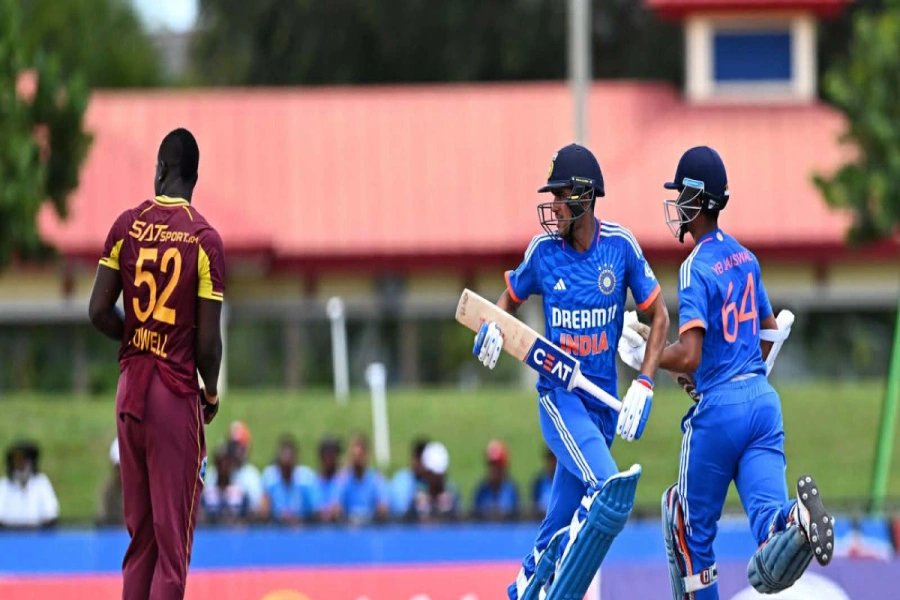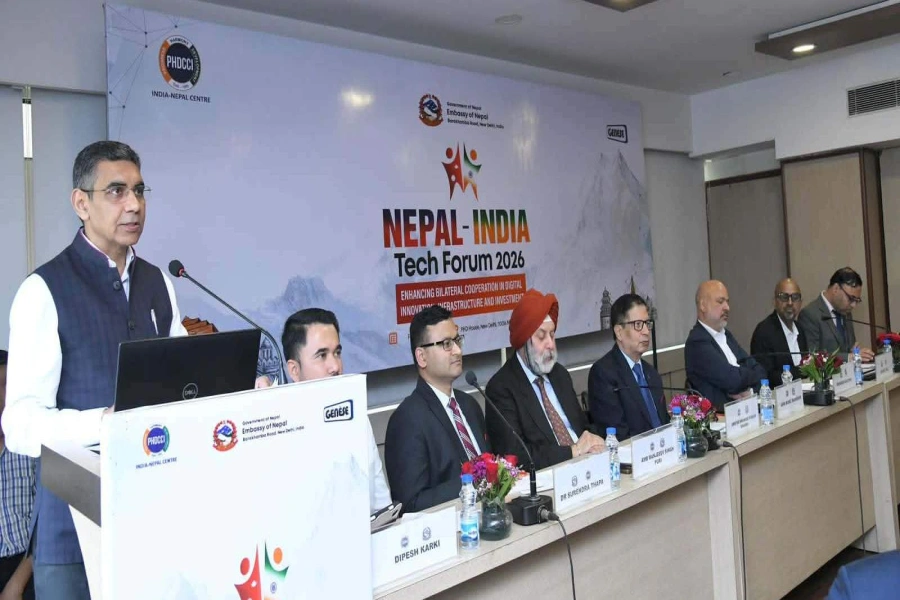JUMLA, Dec 11: The locals living in remote areas of Jumla grind corn, wheat, barley, millet and other grains in the mills that run on the river water. Bishna Bahadur Bohora of Patarasi Rural Municipality-1 said that the traditional watermills are disappearing due to the increasing use of modern electric mills.
Bohora said that there are more than 400 water mills in various rivers in Patarasi. Most of these rivers and rivulets run for the duration of six months. As soon as the rainy season begins, all the mills come into operation. However, when the winter begins, the water in the rivers dries up, and half of the water mills are closed.
Indigenous ‘Dunedi’ technology for extracting oil from oilseeds...

According to Bohora, water mills of other remote villages are still in operation but they are hardly used by anyone. Locals say that the traditional watermills are disappearing with the increasing use of electric mills operated with new technology.
Dhan Bahadur Budha of Sinja Rural Municipality-4 said that some of the watermills which are currently unused have been improved with modern technology and brought into full operation which can grind rice, oil and wood.
There was a custom of paying a wage for grinding. As this practice became a source of income for the mill operators, even if it was very little, they used to take up the job of operating watermills professionally. For grinding 98 manas (1 mana is equivalent to 0.54 litres) of crop, people used to pay Rs 30 to Rs 40.
“With the construction of modern technology mills, the traditional watermills had to be closed,” said Arjun Rokaya, owner of a watermill. Local residents said that they have to carry the goods a long distance and wait for hours to grind it in watermills, so they go to an electric mill instead for quick service.
Meanwhile, experts say that the flour grinded in watermills is very beneficial for health and is also delicious to eat. With the pace of development, transportation and electricity facilities are becoming available in other parts of the district, the fate of watermills has become uncertain.






































